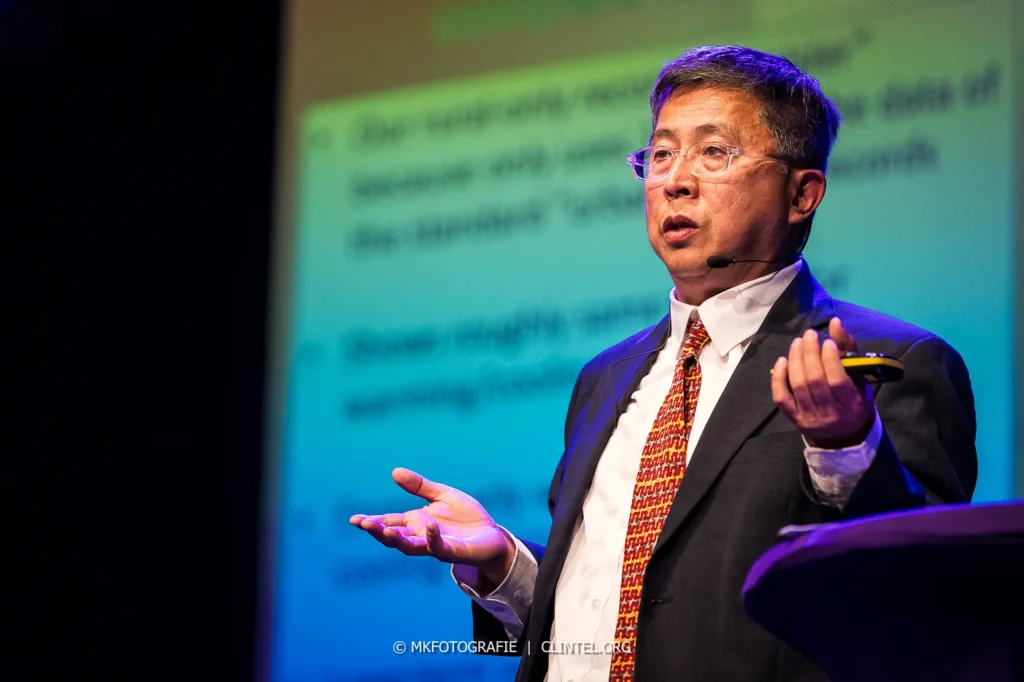
Willie Soon
More and more people realize that the standard climate narrative, as told by most experts, media and politicians, is, at best, much too simplistic. Furthermore, a lot of people are starting to feel the negative consequences of the rash, unfeasible and thoughtless energy transition in person. At the Five-Year Anniversary Convention of Clintel (June 18th in Roelofarendsveen) there was therefore a general feeling of hope and expectation that the Clintel Foundation will only really get up to speed in the second period of five years. This was also the main opening message of Clintel co-founder Prof. Guus Berkhout: “Clintel will let its voice heard clearly in its second five years”.
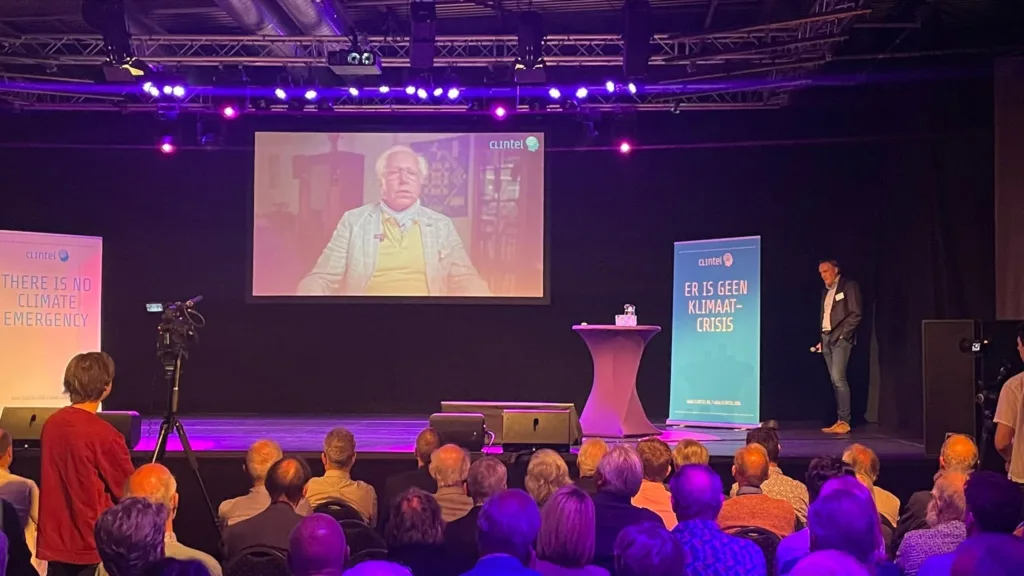
Video message Guus Berkhout
No acceleration in sea level rise
The convention made clear, once again, that the climate narrative can be attacked in many different ways and on many separate issues. For instance, in his lecture independent researcher and hydraulic engineer Hessel Voortman focused mainly on the following question: can we or can we not detect an acceleration in the sea level rise on the Dutch coast (sea level has been rising for centuries without the influence of CO2 at a rate of 18 centimeters per century anyway). The main reason he did this, is a recent report by the Dutch institute, Deltares, that claims to have detected such an acceleration for the first time. However, one can only ‘see’ this acceleration after a correction for the wind effects at the Dutch coast, as Voortman explained. He subsequently published his own research with a remarkable and clear conclusion: “I don’t see any acceleration in the sea level rise.” Voortman expects to present an additional publication on the subject in the autumn, in cooperation with independent researcher and blogger Rob de Vos.
Climate court cases on the rise
Of course, Clintel co-founder Marcel Crok was also one of the speakers at the Convention. His subject was the growing number of climate court cases. The case of the Dutch Urgenda Foundation against the state of The Netherlands (first ruling in 2015) was effectively the kick-off of this, now international, trend. According to Crok, we increasingly see that climate activists try to further their agenda through the courts, if they don’t succeed in the political arena. This is now happening, successfully, in the entire Western world. It’s remarkable that the alarmists even argue that (because of CO2 emissions and climate change) human rights are being violated, and judges seem to go along with this reasoning. Last year Clintel was not allowed to participate in the appeal in the court case of Shell against Friends of The Earth, but the foundation is confident that it will participate in an upcoming and similar case of Friends of the Earth against ING. In this court case Clintel will protect the general interests of the Dutch citizens.
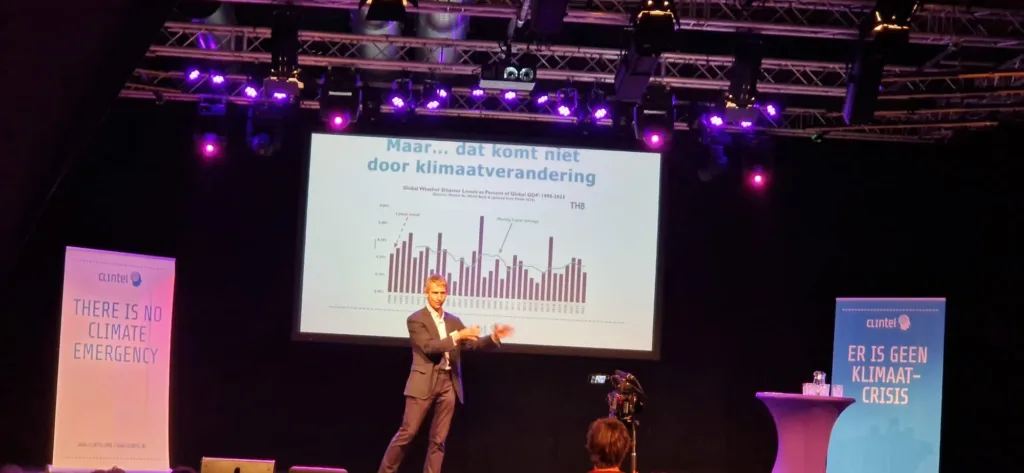
Marcel Crok
Independent journalist Bert Weteringe showed the enormous impact that wind turbines will have in The Netherlands, especially in the North Sea area. Weteringe listed the large number of disadvantages in the planned large scale implementation of wind turbines; these disadvantages are becoming more and more apparent. It is possible to have a serious discussion (at the very least) about almost every aspect of wind energy: the efficiency, the costs, the recycling, the large scale use of materials, the dangers for the environment and animal life and, last but not least, the noise pollution (that can cause health problems for some).
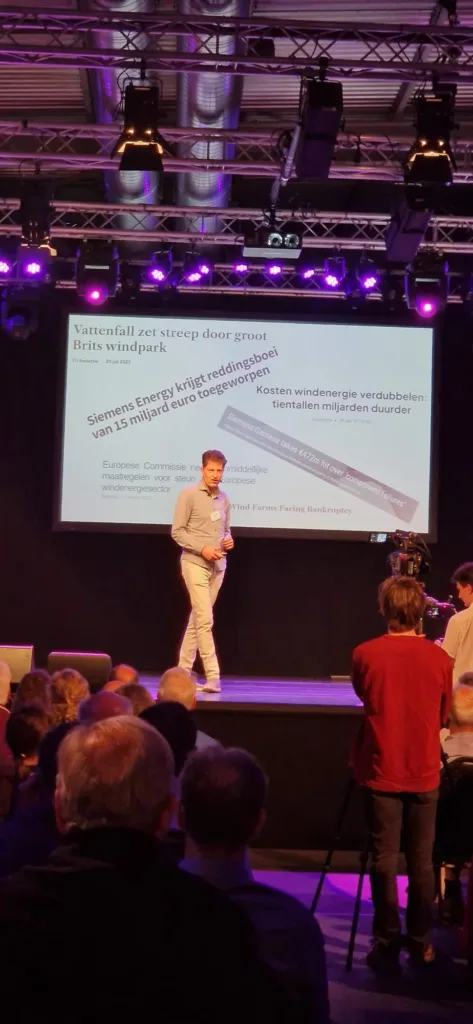
Bert Weteringe
Minister of green decay
Energy expert and entrepreneur Theo Wolters entirely skipped the question of whether CO2 is a problem. Instead he talked about the political goal of net zero in 2050 (in The Netherlands). Wolters calmly dismantled net zero with facts and calculations. Even under extremely optimistic assumptions, net zero in The Netherlands is completely impossible and a transition to wind and solar energy is unaffordable anyway. The energy transition as it is proposed now, will inevitably damage our prosperity. Sophie Hermans, the new Dutch minister for Climate and Green Growth, should be called minister of Climate and Green Decay, Wolters added. “There isn’t a single energy expert who really thinks that net zero in 2050 is realistic.”
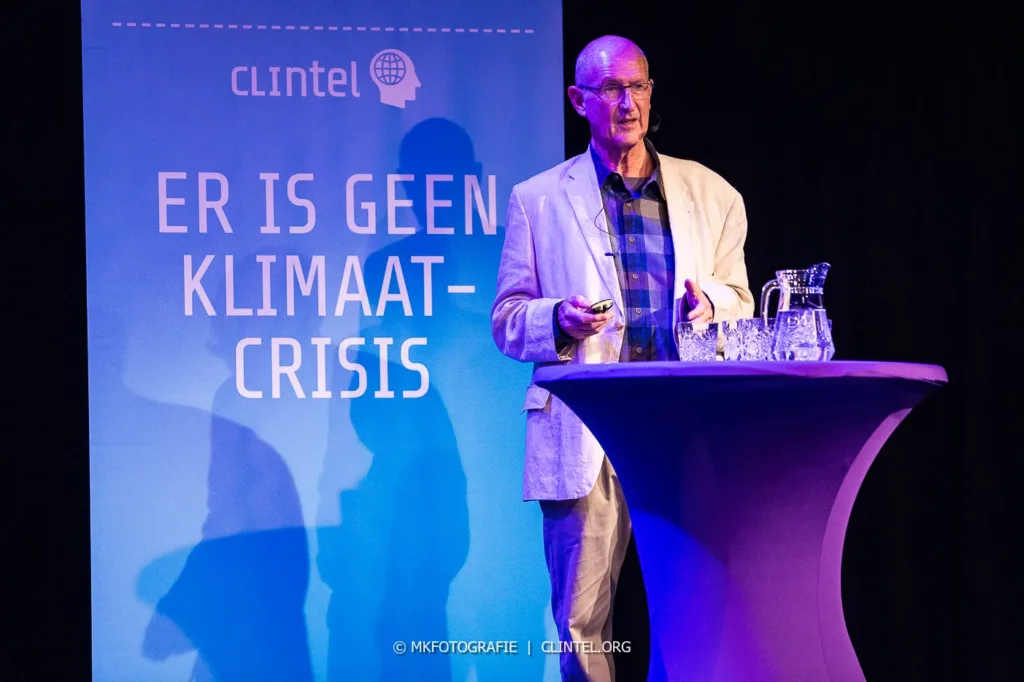
Theo Wolters
A very convenient warming
The main message of Gregory Wrightstone, director of the American CO2 Coalition was: CO2 is good for us. Wrightstone explains this view in his recent book A Very Convenient Warming (Wrightstone also received the first copy of the Dutch translation Een Welkome Opwarming at the Convention). In the book and in his lecture Wrightstone convincingly showed that there have always been warmer and colder periods, even without the influence of CO2. Even more importantly, he showed that (great) civilizations tend to flourish in warmer times, like the Roman Warm Period. In contrast, colder periods like the Little Ice Age, are characterized historically by disasters, including famine and epidemics. Many more people continue to die from cold than from heat anyway. Furthermore, a higher level of CO2 in the atmosphere results in a demonstrable greening of the planet and much higher agricultural yields. So, there is no climate problem; quite the contrary.
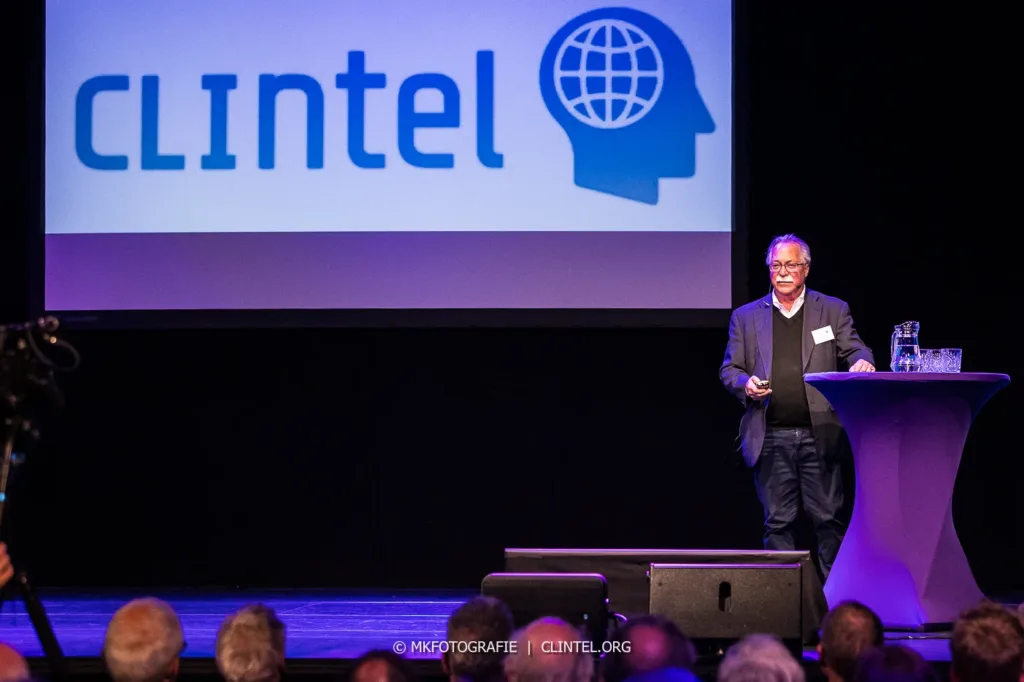
Gregory Wrightstone
The Swedish researcher Jacob Nordangård spoke about the political background of the climate narrative. In his lecture he asked the question: who is behind the climate narrative as a tool to exert power? Nordangård explained the historical roots of the narrative and the people in power that are involved, for instance in the UN and the Club of Rome.
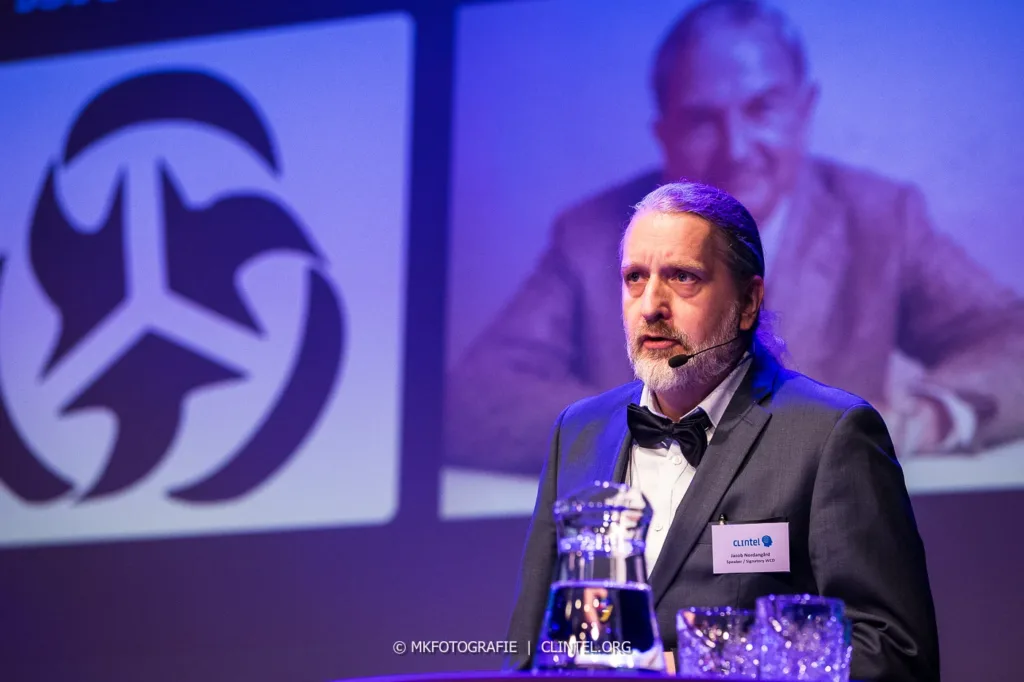
Jacob Nordangard
Cartoon science
Keynote speaker Willie Soon focused mainly on the downplaying of the role of the Sun in the climate change debate. Soon is a very prominent American researcher and climate sceptic. His main conclusion: the IPCC ignores information about the possible role of the Sun in climate change; “The IPCC practices cartoon science, whereas we conduct regular science. The analysis of the IPCC is scientifically poor because of big problems with temperature measurements and reconstructions of solar activity in the past.”
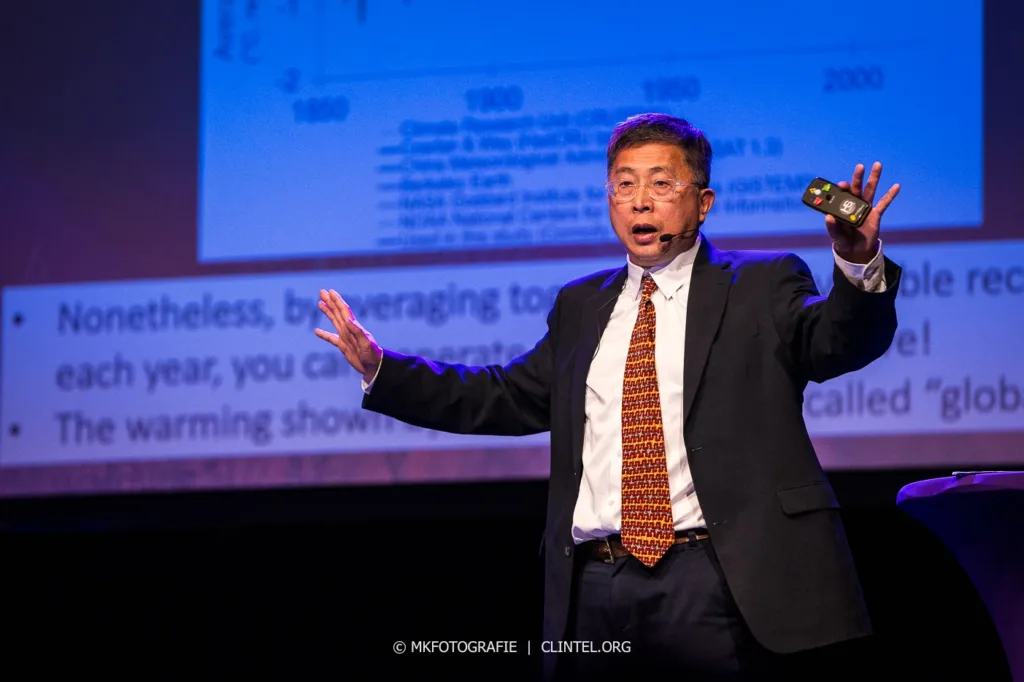
Willie Soon
If an objective visitor at the Convention made a sober analysis of all the information, he would conclude that the popular climate narrative is about to collapse. You can only push things so far.
Clintel will publish the recordings of the lectures later.
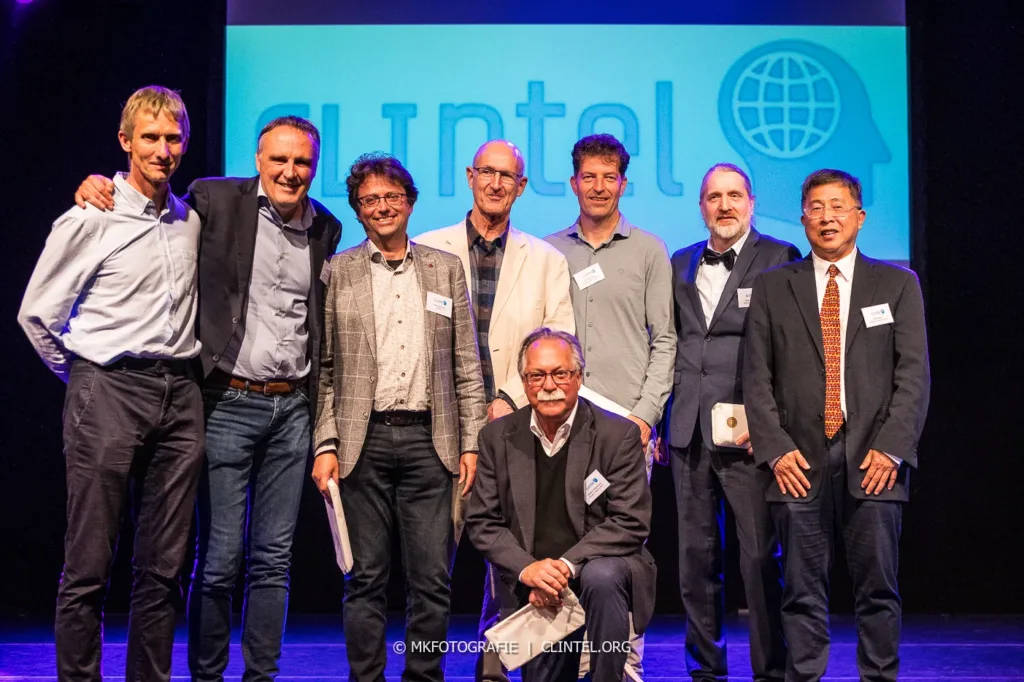
All speakers and chairman Evert Doornhof
